It has been 4 months since the death of George Floyd sparked nationwide protests that resonated with a lot of communities, including our own. In that time, the impact of the Black Lives Matter movement has been felt in the Lincoln High community as the fight for racial justice and systemic reform continues.
There has been an apparent change in the youth’s perception surrounding the BLM movement from the initial reaction to the protests in May to a more comprehensive opinion after months of exposure and education.
It seems some students initially thought the movement was radical, as per LHS sophomore Semhar Hailesellassie. Hailesellassie thought that criticism targeted toward all police officers was a “rash generalization and that the protests were hurting more people than they were helping. But as I continued to learn about the history of police brutality, how much of it’s been covered up, and the leniency with the cops who did it, it became less and less radical sounding and more and more like a call to action.”
Indeed, one can observe the effect of the death of Floyd in bringing forth the issue of systemic racism and opening people’s eyes to the severity of the problem.
Sophomore Ella Martin said, “Before the death of George Floyd, I didn’t think it was that big of a problem because I’ve never experienced it but I still knew it happened…I wasn’t really surprised but then it just kept happening and kept coming up more and more…It just boggles me because I never thought it was that big of a deal until recently.”
Even those who understood and felt the effects of racism found that they were thinking of it in a different, more holistic way. “I always knew racism was bad–that being treated differently by the color of your skin was bad–but I never really looked at the bigger picture and looked at how it really affected me because I always thought of brushing it off,” said Lali Regassa, a sophomore at Lincoln High. “There were times where I didn’t really think of racism as a big deal which I really regret now because it allows other people to not treat me seriously.”
“When I first heard [about Floyd’s death], I immediately kind of pushed it aside…because you hear about it all the time so it’s something that you kind of grow used it,” Regassa added. “I think more recently it has become a lot more emotional for me because it’s just happening at such a faster rate.”
Regassa also mentions how the media attention has been a big factor. “You ask the question ‘does this mean this happens all the time and it’s just not filmed?’” Regassa said. “How many more happened without us knowing?”
This is a sentiment echoed by Martin, who attended some BLM protests in June. She recalls speeches given by Black teens who shared their experiences, which had an impact on her.
“It was insane because it was these younger people telling their experiences, and I was their age, and I’ve never gone through any of this,” Martin said. “My mind finally broke from that and realized that ‘wow, this is actually happening’ …It’s not just the people you see dying, it’s the people you see around you as well.”
This realization is perhaps the greatest impact that the movement has had on people. It allows for the sharing of information and experiences to create a more educated and conscious group of people in the fight for racial justice. Education has been the emphasis as the Black Lives Matter movement continues to fight for justice and reform to systemic racism, however, there is a fear that some voices will go unheard.
“I’m scared that since the ‘trend’ is over, people won’t care as much,” said Hailesellassie, as she tells her hopes for the future of the movement. “I don’t expect constant protests. I just want people to always have people of color in mind as they move forward as citizens of this country…I can’t vote, which sucks, so please vote for me. And vote with all those people who died in mind, too.”
“Peaceful protesting is a wonderful way to make your voice heard, but the kind of protesting in early June was impossible to ignore,” Hailesellassie added, reflecting on the impact that the protests have had. “I feel like if people with the power (like people in our government) don’t want something to happen, then it won’t…But if you burn down buildings and march for days, then they’ll have no choice but to listen. It’s not that I enjoy riots, I just want to be heard.”
Martin reflects on how she can contribute to the conversation by amplifying the voices of those who may not be heard. “I think that the more people of privilege who amplify the voices of people of color will definitely help…more people of privilege should realize they have that privilege and use it to help instead of not doing anything.”
Regassa believes that the movement must be persistent in pressing people in power to make meaningful change. “Keep protesting, keep talking to your leaders, keep posting on social media, keep doing all these things and putting them in the faces of the people who won’t listen because most of the people who won’t listen are the people who can control this whole thing…It is also the responsibility of the people who are supposed to listen, to listen.”

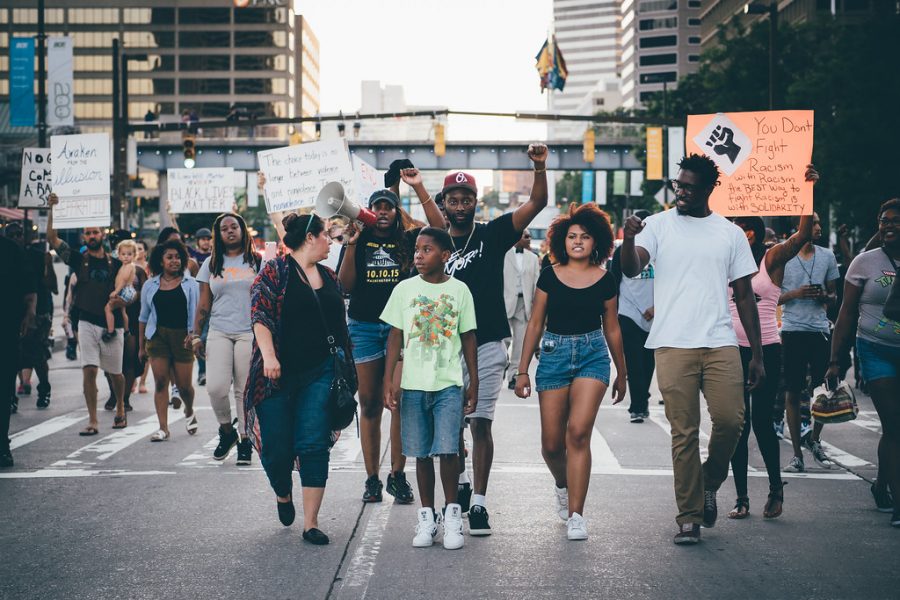
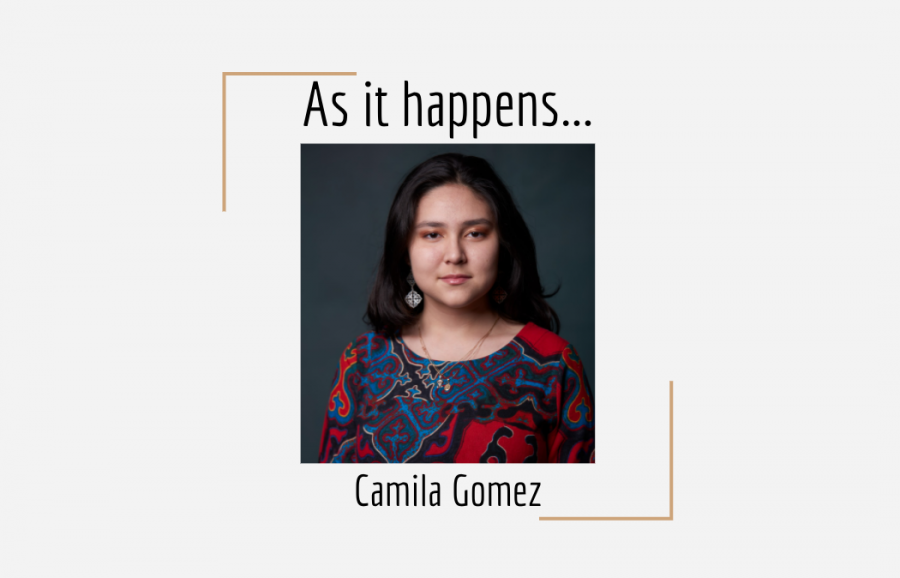
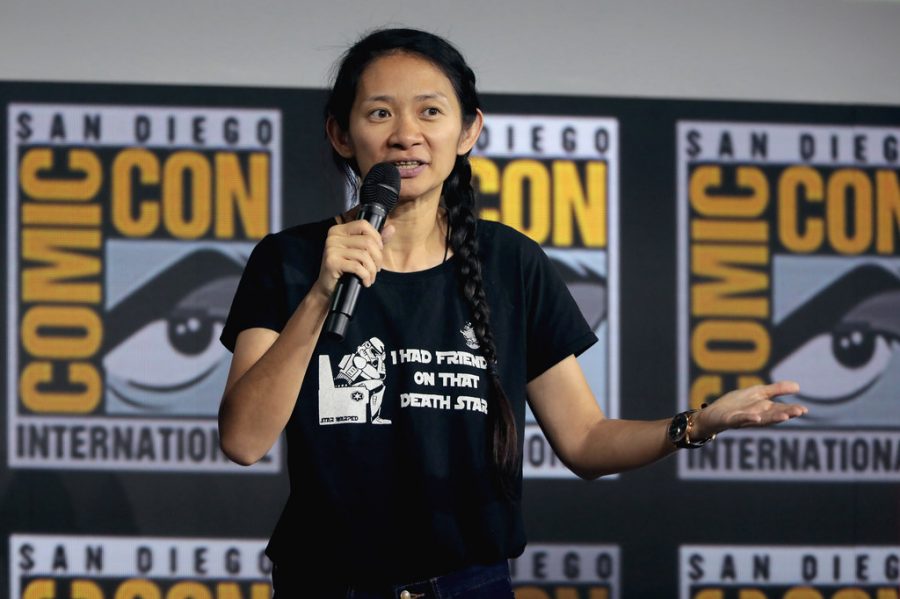
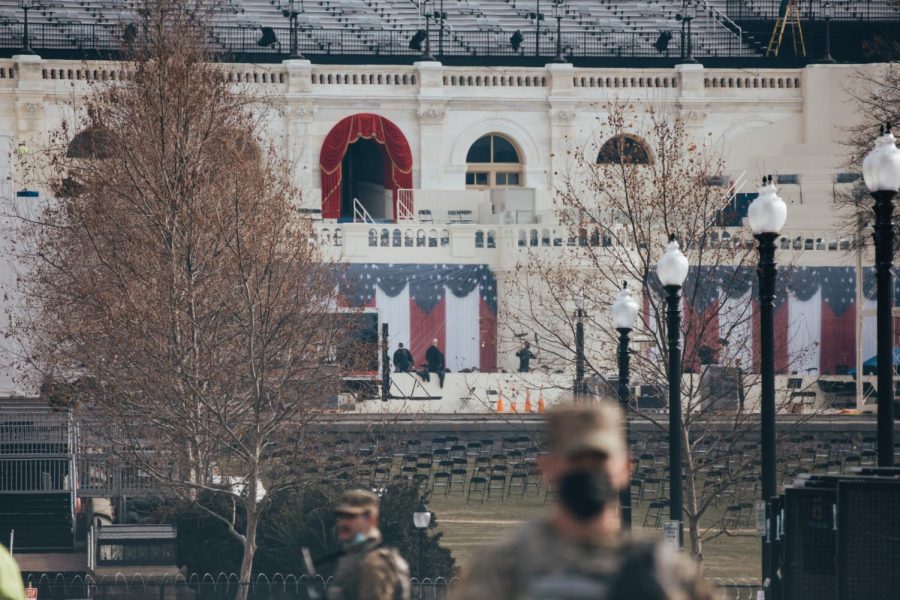
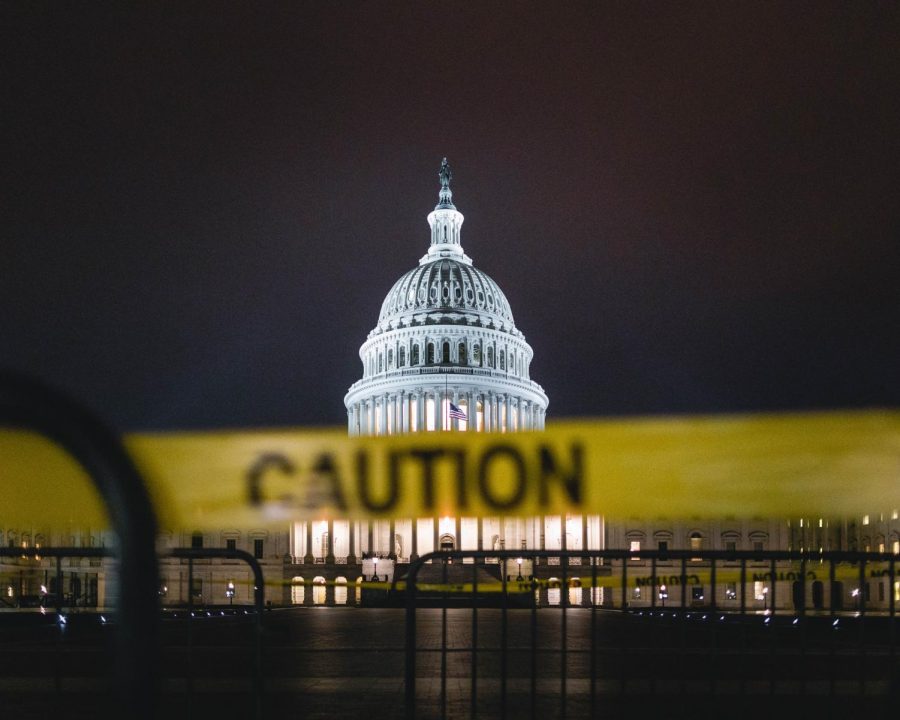
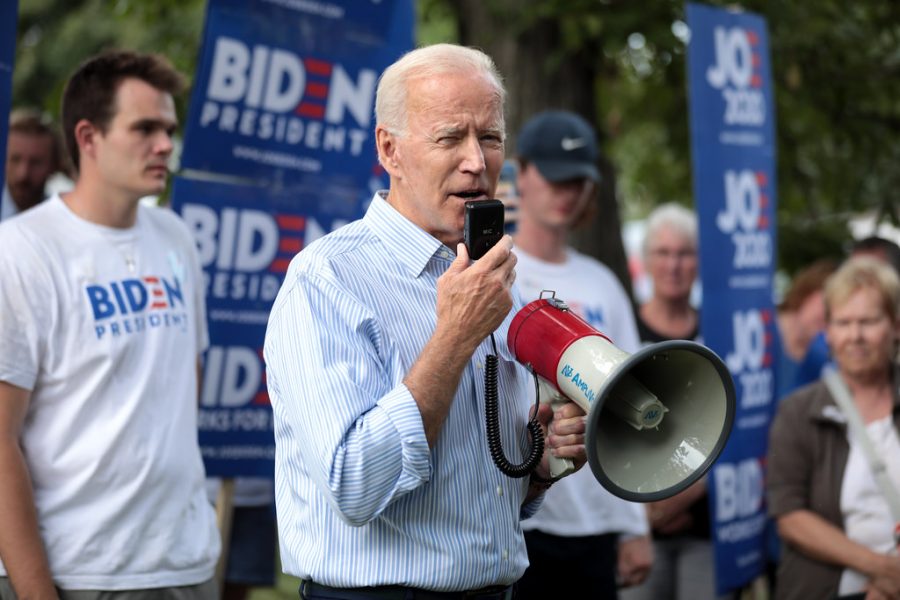
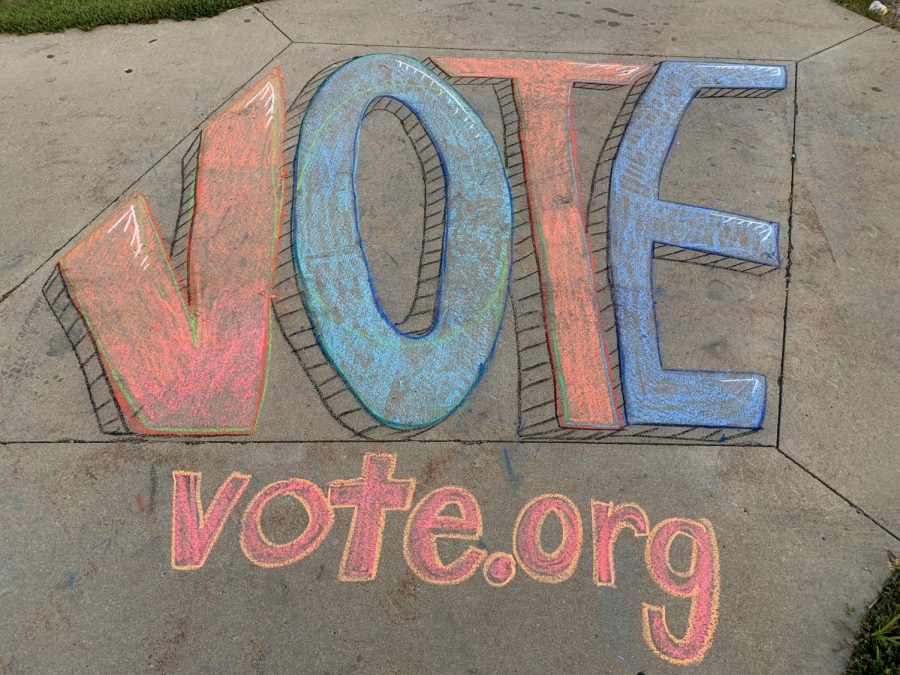
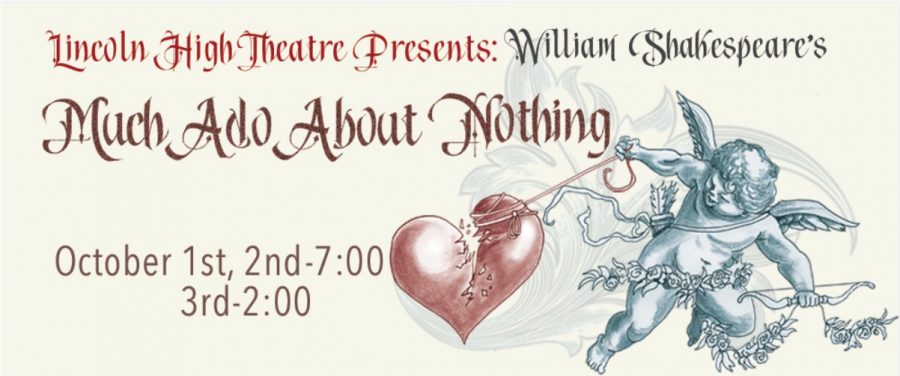
Michelle Clifford | Oct 13, 2020 at 12:16 pm
This is such a fantastic piece! The students you quoted were thoughtful and eloquent, and I’m really proud of all of you!